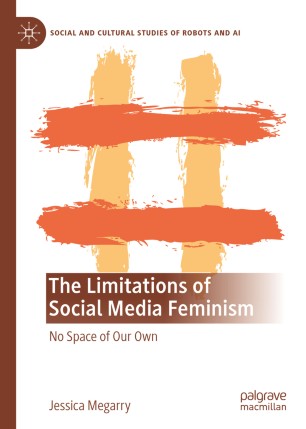

Most ebook files are in PDF format, so you can easily read them using various software such as Foxit Reader or directly on the Google Chrome browser.
Some ebook files are released by publishers in other formats such as .awz, .mobi, .epub, .fb2, etc. You may need to install specific software to read these formats on mobile/PC, such as Calibre.
Please read the tutorial at this link. https://ebooknice.com/page/post?id=faq
We offer FREE conversion to the popular formats you request; however, this may take some time. Therefore, right after payment, please email us, and we will try to provide the service as quickly as possible.
For some exceptional file formats or broken links (if any), please refrain from opening any disputes. Instead, email us first, and we will try to assist within a maximum of 6 hours.
EbookNice Team

Status:
Available4.4
40 reviews#MeToo. Digital networking. Facebook groups. Social media continues to be positioned by social movement scholars as an exciting new tool that has propelled feminism into a dynamic fourth wave of the movement. But how does male power play out on social media, and what is the political significance of women using male-controlled and algorithmically curated platforms for feminism?
To answer these questions, Megarry foregrounds an analysis of the practices and ethics of the historical Women’s Liberation Movement (WLM), including the revolutionary characteristics of face-to-face organising and the development of an autonomous print culture. Centering discussions of time, space and surveillance, she utilises radical and lesbian feminist theory to expose the contradictions between the political project of women’s liberation and the dominant celebratory narratives of Web 2.0. This is the first book to seriously consider how social media perpetuates the enduring logic of patriarchy and howdigital activism shapes women’s oppression in the 21st century. Drawing on interviews with intergenerational feminist activists from the UK, the USA, Australia, Canada and New Zealand, as well as archival and digital activist materials, Megarry boldly concludes that feminists should abandon social media and return to the transformative powers of older forms of women-centred political praxis. This book will be of interest to scholars and students of Women’s and Gender Studies, Lesbian and Queer Studies, Social Movement Studies, Critical Internet Studies and Political Communication, as well as anyone with an interest in feminist activism and the history of the WLM.